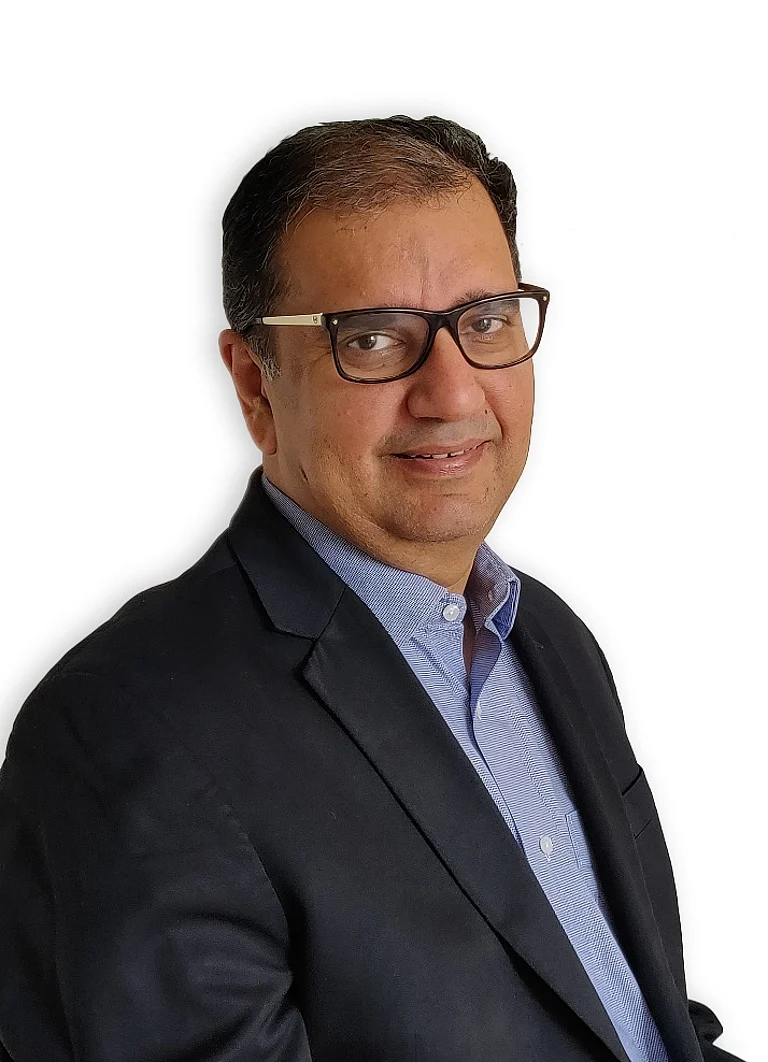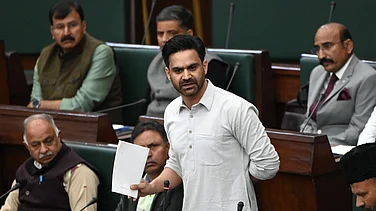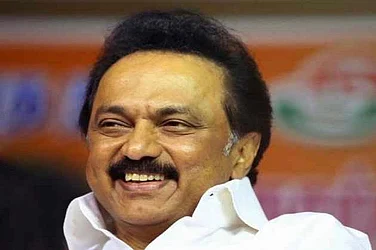The primary obligation to provide education to children lies with the state and participation of private unaided schools has been permitted out of necessity since the state is unable to perform its function adequately, the Delhi High Court said on Wednesday.
It said as the schools perform public function, the state’s regulatory control is essential to ensure thay operate within the parameters of the Delhi School Education Act (DSEA) and do not engage in commercialisation or profiteering.
“The primary obligation to provide education lies with the state, and it is their responsibility that every child has access to education. Participation of private unaided schools has been permitted out of necessity, since the State is unable to perform its function adequately,” Justice Sanjeev Narula said in a judgment.
The high court said there needs to be a collaborative effort between private unaided schools and the regulatory authorities to maintain a balance between the right to charge fees and the need for regulatory control to ensure quality and affordability of education.
“Private unaided schools must maintain transparency and accountability in their financial operations, while regulatory authorities must ensure transparency and accountability in their regulatory actions. They must ensure that the surplus generated is utilised for the improvement and development of the school and their students,” it said.
The high court’s verdict came while allowing a petition by Mahavir Senior Model School challenging the Directorate of Education’s January 25, 2019 order rejecting the school’s proposed fee hike.
The DoE had initially passed an order on July 20, 2018 directing the senior school to not increase fee or charges for the academic year 2017-18 and to refund or adjust the increased fee recovered from students against future fees.
The Delhi government’s DoE was represented through standing counsel Santosh Kumar Tripathi and lawyer Arun Panwar.
The school, represented through advocate Kamal Gupta, had challenged the order before the court which allowed it to approach the DoE seeking clarifications after which its representation was decided rejecting the proposed fee hike.
The high court allowed the petition saying the senior school shall be entitled to increase its fee in terms of the statement of fees of March 28, 2018 submitted to DoE.
The high court said since the senior school is not operating under a land clause, the scope of DoE’s control over any proposed increase in its fee is limited to preventing commercialisation of education, profiteering, and imposition of capitation fees.
“The DoE has not provided any evidence to suggest that the senior school has engaged in any of the above activities or that there is any other violation of DSEA or Delhi School Education Rules or other relevant rules and regulations that would prohibit them from increasing their fee. In absence of the above requirement, availability of surplus and sufficiency of funds are not valid grounds to deny the school the right to the increase their fee,” it said.
Regarding the junior school, the court said since it falls within the purview of land clause contained in the land allotment letter, it shall increase its fees in accordance with law.
“Nonetheless, since the statement of fees of March 28, 2018 and the previous DoE order of July 20, 2018 were applicable only to the senior school, the DoE was not authorised to evaluate the financial status of the junior school and issue directions to it….,” it said.
It said Mahavir Junior Model School shall be entitled to enhance their fee structure in accordance with law and the balance arrears recoverable from the parents concerned shall be paid to the senior school within four weeks.
-With PTI Input


























